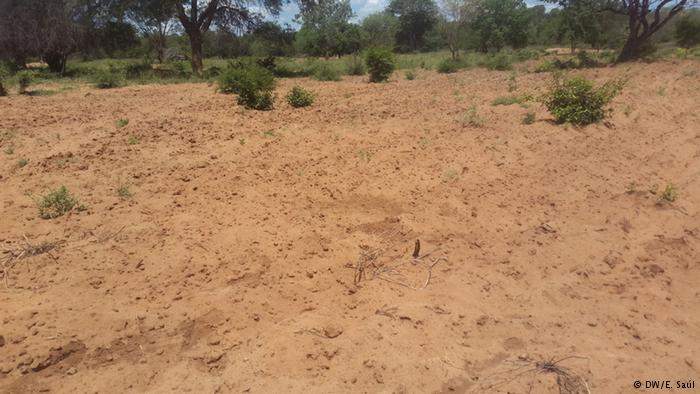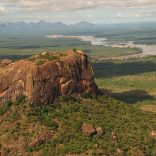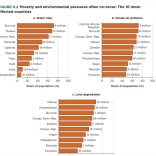Mozambique: Attorney General vows to punish rangers involved in illegal logging
Japanese government provides US$636,000 for drought victims in Mozambique

DW (File photo)
The Japanese government is making available US$636,000 to support Mozambican government and UNICEF emergency programmes for vulnerable families in Mozambique’s drought-stricken areas.
The amount will help key government partners and civil society respond effectively to the specific needs of the population and contribute to interventions by the National Humanitarian Team and the government in response to the El Niño and La Niña phenomena.
“This generous contribution will help partners deliver emergency nutrition, health-care, education and protection to 45,500 people, including women and children, to meet their most pressing needs in areas hardest hit by drought or flood,” UNICEF Representative in Mozambique Marcoluigi Corsi said in a press release sent by the Japanese Embassy to AIM.
Corsi said he hoped that planned activities would improve communities “resilience to disasters, as well as communities’ response to future disasters”.
Activities will focus on those areas most affected by drought and conflict in provinces prone to floods and cyclones, including Gaza and Inhambane in the south of the country, Manica, Sofala, Tete and Zambézia in the centre and Nampula in the north.
The Japanese embassy says the offer comes in response to the devastating impact of events related to the La Niña phenomenon, such as the recent floods in Inhambane, Gaza and Sofala. Japan believes that there is an urgent need to strengthen the preparedness and response capacities in the most disaster-prone provinces, given that poor preparedness can lead to exacerbation of any crisis.
The Japanese government has a history of supporting humanitarian action in Mozambique and has been a major contributor to UNICEF, the Mozambican government and partners in their efforts to respond to the growing needs of vulnerable populations.
“The contribution of the Government of Japan is vital to ensuring that UNICEF can increase its emergency interventions in case of drought, floods and cyclones, and reach the most needy,” the embassy said.
Partners to this program are the Government of Mozambique, through the Ministry of Education and Human Development and Gender, Child and Social Action, a key partner in the implementation of the program for a period of 12 months; the National Institute of Disaster Management (INGC), United Nations agencies, the Mozambique Red Cross and non-governmental organizations.
Other important partners in the provinces are grassroots community organizations which conduct home visits and provide guidance on health and nutrition and psychosocial support to help vulnerable families cope with the trauma and challenges of drought, flood and conflict.













Leave a Reply
Be the First to Comment!
You must be logged in to post a comment.
You must be logged in to post a comment.